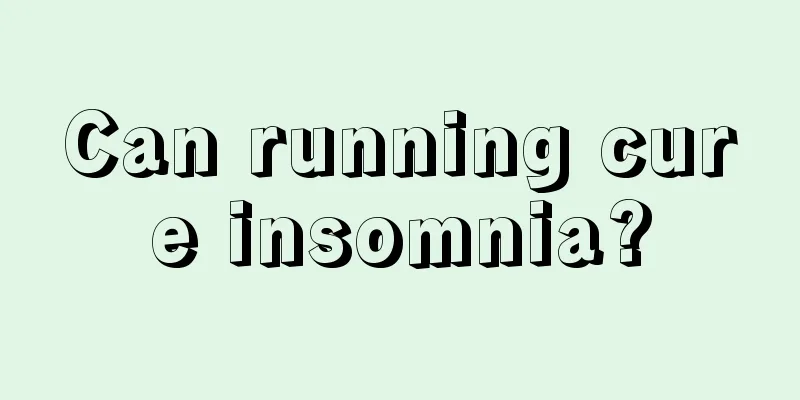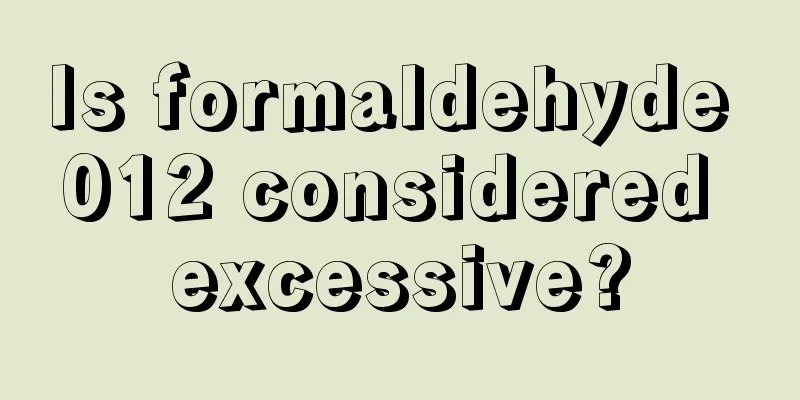Caffeine withdrawal syndrome

|
Nowadays, coffee is a popular drink among many people. Many people drink coffee every day. Whether at work, study or in life, as long as they drink coffee, they will feel very happy. This is a natural reaction in the heart. As the habit of drinking coffee is formed, many people will experience weakness, headache, mental tension and emotional instability after not drinking coffee. These are the manifestations of caffeine withdrawal syndrome. Symptom 1 The medical community has recently taken a serious look at caffeine withdrawal symptoms. An estimated one in eight people who experience these symptoms will be unable to work or function for several days. US researchers pointed out six years ago that caffeine withdrawal involves mental disturbances that, while unpleasant, are generally not dangerous. Symptom 2 The most common symptom associated with caffeine withdrawal is a moderate to severe headache. This usually occurs within 12-24 hours of stopping caffeine intake. It usually lasts 1-2 days, but some people have headaches longer. If you're also trying to stop consuming caffeinated products, it's also worth checking the labels of your pain relievers. Some medications combine acetaminophen and ibuprofen with caffeine because caffeine helps relieve pain. Symptom three Others may experience caffeine withdrawal symptoms such as depression and drowsiness. Some people may become emotionally unstable and need to take medication to cope with it. In addition, you may experience difficulty concentrating, nausea, vomiting, and muscle pain or stiffness. These symptoms generally last 2-9 days after the last caffeine intake. If you used to have a cup of coffee when you wake up, you may feel fuzzy in the morning for a few days after quitting. However, it can take up to nine days for the body's dependence on caffeine to wear off. If symptoms persist, it is best to see a doctor for evaluation as this could be a sign of an underlying medical condition. Symptom 4 For most people, withdrawal symptoms disappear naturally within 3-4 days of stopping caffeine consumption. Although caffeine is an addictive substance, it is relatively easy to get rid of the dependence. This is good news for people who are following their doctor's advice to stop using caffeinated products. |
<<: Effect of coffee on blood sugar
>>: How long does it take for acne on the face to heal
Recommend
Can I apply aloe vera gel if I have skin allergies?
If you encounter skin allergies, people will gene...
Occasionally there is a dull pain in the lower abdomen
For women, the lower abdomen is the connecting ar...
About the nursing measures for patients with lymphoma
For lymphoma patients, they not only need hospita...
What to eat for appendicitis? This diet helps recovery
Appendicitis is a common intestinal disease in da...
How long can a person with cardia cancer live? Why is the survival time short after cardia cancer surgery?
Cardiac cancer is a relatively serious disease th...
Which is better, cesarean section or cesarean section?
As we all know, there are currently two main ways...
There is a fleshy weight growing outside the anus_What is the fleshy weight growing outside the anus?
Hemorrhoids are a very common anorectal disease i...
What is the reason for dry and painful nostrils
Everyone should know the function of the nostrils...
What are the diagnostic methods for small cell lung cancer
Small cell lung cancer is a common cancer. Now mo...
Tips for relieving dysmenorrhea through massage
Most women who suffer from dysmenorrhea have a lo...
Explain the early symptoms of lung cancer
Lung cancer is a killer of our lives. When we fee...
How to prevent pancreatic cancer
What are the prevention methods for pancreatic ca...
What is missing when you have onychomycosis?
In real life, onychomycosis is a relatively commo...
How to eliminate tension and fear
Tension is a common emotional expression in the h...
Does washing hair during menstruation increase the incidence of cervical cancer? What should you pay attention to in order to prevent cervical cancer?
For a long time, there have been rumors online th...









